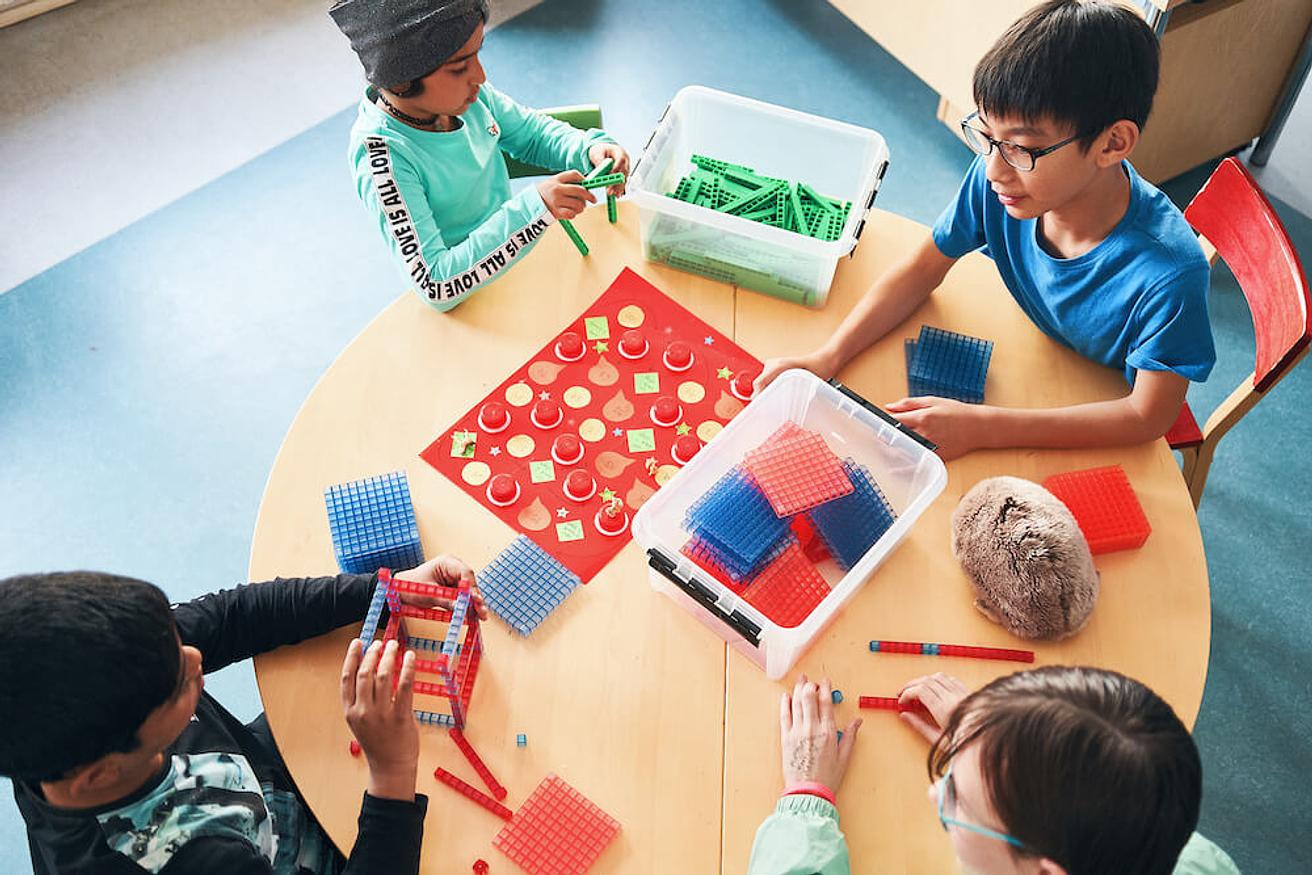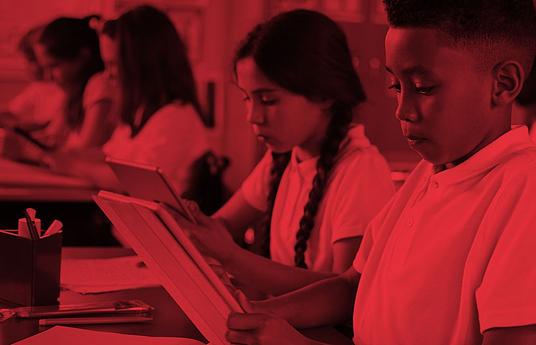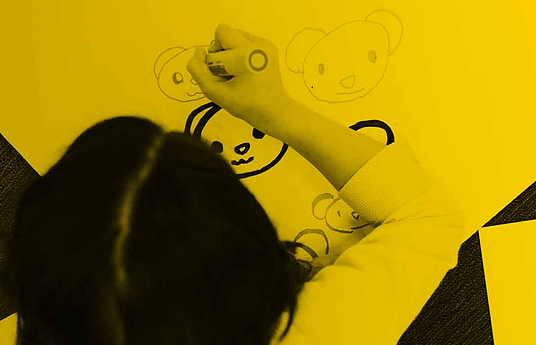Students, their parents, and educators are feeling the extraordinary ripple effect of the novel coronavirus as schools shut down and quarantine methods are ordered amidst the public health emergency. In this series, we want to share best practices from our community and how our educators and innovators are managing school shutdowns, distance learning, and more.
In the UK, many parents have started homeschooling due to school closures. As a response, we are working to ensure that our key teaching resources are available and adapted suitably for home learning.
Here at Digital Schoolhouse, our aim is to engage young people with ingenious, out-of-the-box computing, and as classrooms begin to close there is no reason why we can’t occupy young curious minds, at home, with simple educational activities. Our resources are adaptable, fun, and free, so please go ahead and explore our online library.
At the core of our approach, we are continuing to ensure that the essence of 'play' and fun is present whilst delivering core computer science concepts. We are encouraging parents and families to prioritise materials that use resources found around the home (i.e. jigsaw puzzles, playdough, cardboard boxes etc.), or are available online for free.
We are also providing the necessary support to our network of teachers, taking into due consideration their mental health and wellbeing, and providing opportunities to connect socially across digital platforms to help tackle social isolation measures and stress levels.
Finally, we’ve been directing parents/teachers towards 10 of our unplugged computing activities that help parents deliver computer science, against the UK curriculum, in a really accessible way and without requiring any technology. Hopefully, these will ease the pressure for some parents as they embark on this shift.
Here are three of them for the HundrED community:
1. MAKING FACES: PLAYDOUGH PROGRAMMING
Suitable for: All ages
Minimum no. of participants: 2
How does it work? Work in pairs. One person (the programmer) instructs the other (the human computer) to create a playdough model of an image based on verbal instructions alone.
What do you need?
- Playdough or use homemade salt dough - you just need flour, salt and water. Using salt dough means you can bake your creations and paint them afterwards too!
- Images (download images here or use your own)
What do you learn?
- Highlights the importance of precision and logic in sequencing instructions
- Algorithmic thinking and decomposition
2. JAZZY JIGSAWS
Suitable for: All ages
Minimum no. of participants: 1
How does it work? Simply, assemble your jigsaw and think about the strategy that you adopt in order to solve your puzzle. More specifically, think about your strategy as an example of algorithmic thinking.
What do you need?
What do you learn?
Logical reasoning, problem-solving, algorithmic thinking, decomposition, abstraction, generalisation, evaluation
3. PAINT BY PIXELS
Suitable for: All ages
Minimum no. of participants: 1
How does it work? Create your own pixelated graphics using a spreadsheet or piece of squared paper.
What do you need?
Spreadsheet or squared paper
What do you learn?
Digital literacy skills, data representation
Our goal is to support teachers, parents and anyone who loves computer science with our variety of ‘unplugged’ playful computing* activities that use everyday household objects, so grab the playdough and dust off that jigsaw!
Find more such activities here!
We thank our community members like Laura Martin and the Digital Schoolhouse team for sharing resources and offering support in such a critical time. For more articles, innovations & resources, head to our Educator Toolkit especially designed to support educators & parents during this COVID-19 outbreak.



